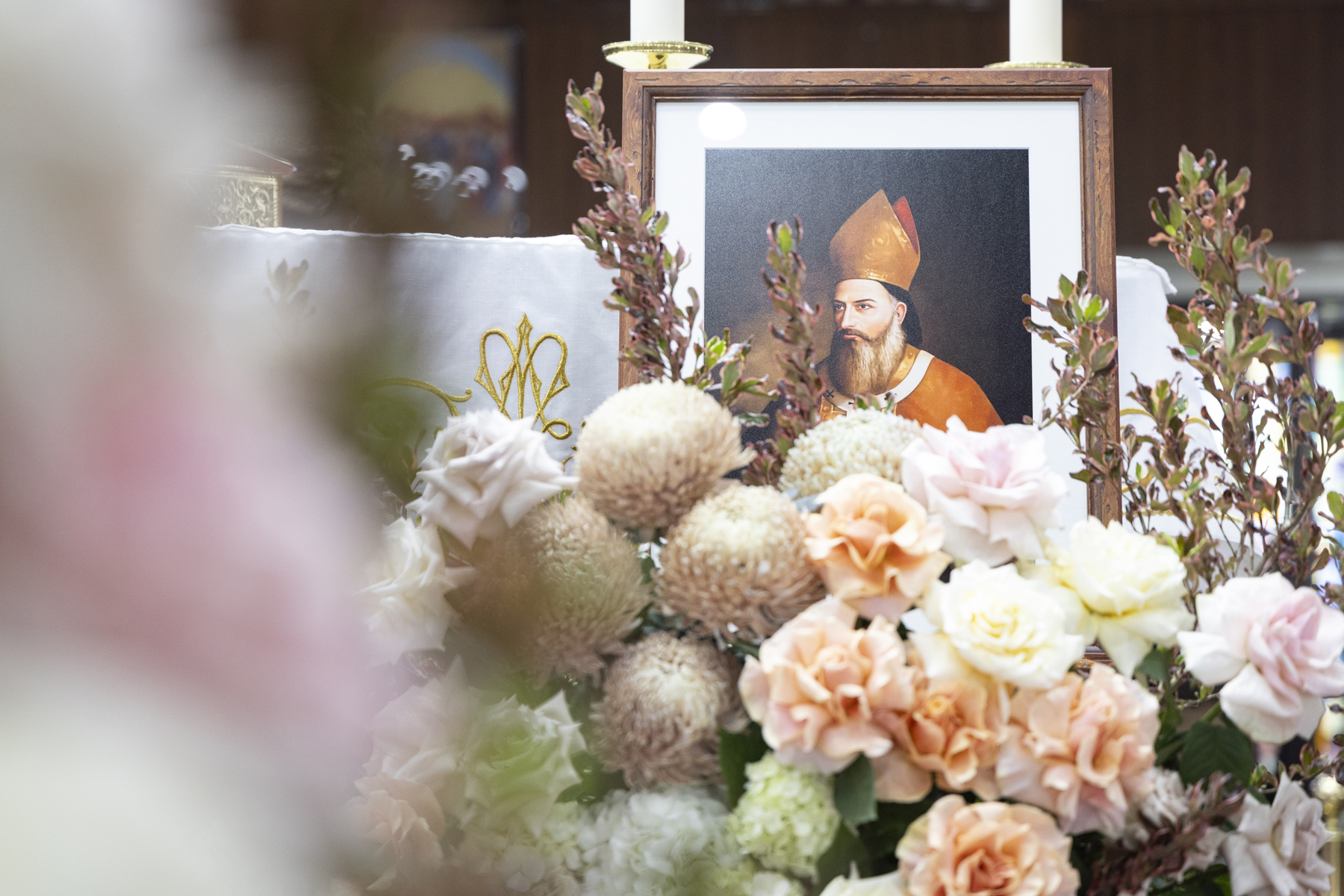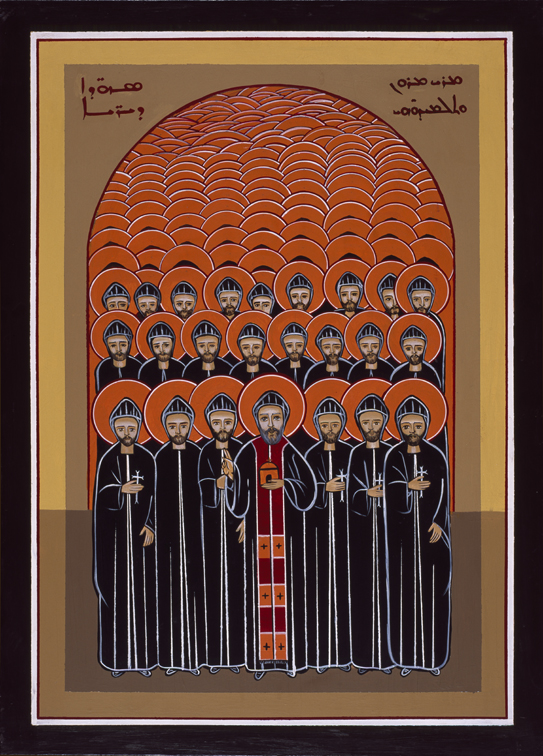“Blessed be Your Cross, Saviour; it is a ladder for your church, and by it both the deceased and those who share [in Your Eucharist] ascend with spiritual beings.” — Maronite Liturgy, the Feast of the Exaltation of the Holy Cross.
The liturgy is fundamental: the New Testament presents the church as a worshipping community, gathering to adore God, with the Eucharist as the climax, where we do as Our Lord and his apostles did at the Last Supper.
The liturgy is eternity descending into time, providing signposts for our return home.
This feast, celebrated on 14 September, commemorates how, in 628, Emperor Heraclius recaptured the cross that the Persians had stolen in 614. On this day, we also commemorate the finding of the Cross by St Helena in 326, and the dedication of the church of the Holy Sepulchre.
In this season, we prayerfully remember the holy cross itself and the passion, death, and resurrection of the Lord; the discovery and restoration of the cross; and the establishment of a house of worship in the sacred city of Jerusalem dedicated to its veneration.
This feast also marks the beginning of the final season of the Liturgical Year in our Maronite Church, the Season of the holy cross, when we focus on the four last things: death, judgment, heaven, and hell.
Closing the liturgical year with the Season of the holy cross is something the Maronite Church shares with the Syriac Orthodox Churches.
Veneration of the cross was found in the New Testament Church and was especially important in ancient Jerusalem and Antioch, from where relics of the cross were sent throughout the Christian world.
This season reminds us of the inevitability of our deaths and, therefore, the preciousness of our lives. It fosters in us a spirit of repentance through an examination of conscience and helps conform us to the life of Christ.
To the extent we can stay with the reality that we will die, we will start to lose our attachment to this passing world and begin to think of eternity.
In this season, we should ask: “When I die, shall I have done more good than evil? What shall be my fate when I leave this world? Is there really judgment, heaven, and hell; and if so, what do I deserve?”
Our Lord taught us that the soul will continue into eternity; physical death is not the end for us. If we wish for eternal life, we must cooperate with God’s plan.
As St John Henry Newman remarked, the way the Lord speaks in the Gospels is always exhorting, urging, and even demanding that we learn God’s commandments and keep them if we are to inherit eternal life.
This has at least two aspects: doing what is good, and avoiding and preventing what is evil. Pride is perhaps the fault hardest to see in ourselves, and meditation on the Holy Cross brings us to the mystery of humility and self-sacrifice.
Consider these sayings of Our Lord: “And he that takes not up his cross, and follows me, is not worthy of me” (Mt 10:38). Also, “Then Jesus said to his disciples: If any man will come after me, let him deny himself, and take up his cross, and follow me” (Mt 16:24).
As Maronites, through the ancient wisdom of typology, we learn to see the reality of the cross in our own lives. When Our Lord said that each of us must take up the cross, he was speaking in terms of types—divine patterns repeated on earth.
He meant that we must see, in our sufferings, certain reflections of his sufferings, and say, “I accept this suffering just as the Lord accepted his suffering.”
Only then can we rise from death with him, triumphant over pain, because in bearing it we were united to him. Death by crucifixion was an almost unbelievably cruel and barbaric torture.
It comes down to this: whatever we may suffer, we may be assured that Our Lord and Our Lady suffered more.
Consider this quote from Mother Julian of Norwich: “I wanted to look up from the cross, but I did not dare, for I well knew that while I contemplated the cross I was safe and secure; therefore, I would not agree to put my soul in danger.”
I close with these words from our Divine Liturgy: “Now, O Christ Our Saviour, we ask you … to make the celebration of the Feast of your Holy Cross a sign of security and peace. … May we find refuge in the shadow of Your Cross on the great day of Your Second Coming …” —Prayer of Forgiveness, Liturgy of the Holy Cross.
Fr Yuhanna Azize is a priest of the Maronite Eparchy of Australia and NZ.




